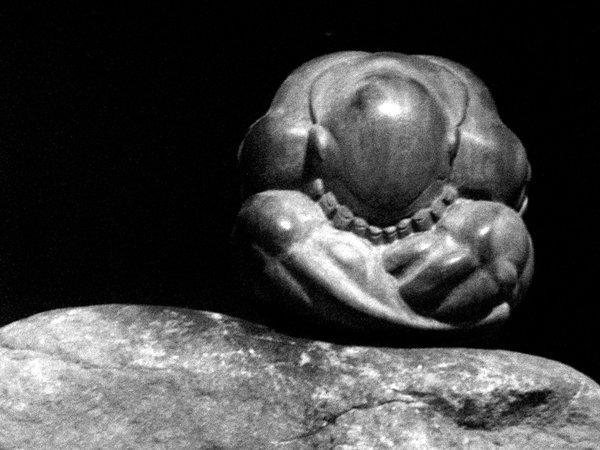
Golda MeirOne thing that fascinates me about Downton Abbey, in addition to the gorgeous gowns and the starched perfection of human behavior, is the way we as an audience are subtly shown the breaking down of that structure of certainty; that pivotal point in history where aristocratic propriety slowly declines, soon to be shattered completely by the splitting of the atom.I was born with a kind of lethargy accompanied by ever-present bellyaches. By the time of puberty I longed for more energy and at eighteen I learned of a medical doctor who for the flimsiest of excuses would provide his patients with prescriptions for diet pills—uppers. I was a slim young woman, clearly not in need of dieting, and a deep part of me wanted this physician, who had taken the Hippocratic oath to first do no harm, to take me under his wise wing and truly help me. Instead I settled for his quack prescription, took my pills and briefly enjoyed the excess of energy they falsely and dangerously provided. This was one experience that broke any trust or belief I might have had in the armature of our declining civilization.As time went on I gravitated toward holistic healing modalities, always seeking to cure my bellyaches. This form of medicine felt more promising of relief and was at least more honest. I learned techniques like applied kinesiology, muscle testing, and also learned to trust my intuition and instincts. If I wake in the middle of the night with pain in my knee and the word glucosamine pops into my head, the following day I’ll be at the herbal store standing before the various formulas of glucosamine; muscle testing to see which one my body wants. Thus a bottle of glucosamine with MSM sits on my counter as the current experiment toward relief of suffering. The fact that the following night when I wake with pain in my knee and the word Chondroitin pops into my head, not MSM, reveals how inexact a method this is; and how costly it can become.I have a friend who chose a career in Western medicine despite having grown up in China and having been exposed to Oriental forms of healing. He felt the allopathic approach a more viable accurate way to alleviate human suffering. He is a deeply compassionate man, a brilliant physician in the eyes of his peers, who faces and is broken daily in the E.R. by the tragedy of human suffering. He recently wrote me an email which if I could I would post in every medical office in the Western World. Because he admits to how little his brand of knowledge can really relieve human suffering. “Human life is a complexity beyond comprehension. People suffer in ways I cannot define, or name, or categorize, or cure. So after another 10 hours at work, I tell you that I do not know how to fix anything.”At one time the scientific approach to medicine promised to save humanity from all disease. Now we find that is has not only not accomplished that impossible feat but may well create more suffering than it cures. Iatrogenic errors are among the highest causes of illness and death.
Regardless of our approach to healing, holistic or allopathic, we come face to face with the impossibility of fixing anything. The Buddha’s First Noble Truth is Life is Suffering. Life cannot be “fixed” because fixing is the absence of change and life is change, which, by the way, is the Second Noble Truth. And now it gets curiouser and curiouser. Because if life is suffering and life is change then logically it follows that suffering must also change. Can we alleviate suffering by fixing it? Isn’t that death? But even in death change does not stop. We used to sing a song as children, the worms crawl in, the worms crawl out, the worms play pinochle on your snout. Perpetual ever-present motion is the nature of reality, from bacteria to galaxies.
Here at the threshold of these questions, is it possible to alleviate human suffering? We are humbly bowed to the mystery and majesty of what is Real. I am not a Budd”hist” but when I lift the Buddha’s teaching up from the “ism” I find a very compelling logic, a clue leading toward liberation from suffering. If we look with an untarnished eye we do see that all things arise and pass away. Even the British Empire that for a period of time the sun never set upon is now emptied of its power. The Buddha taught to stop, sit, and notice. Eventually you will see that suffering can come to an end. The Buddha showed that it is not tinkering with suffering that causes it to end but rather observing it closely and seeing that it does end.
Now, half a century after human mind once again stole fire from the gods, becoming godlike ourselves through the knowledge of the power exposed by splitting the atom we are at a profound place in earth’s time. We see the extinction of many sentient species on this planet; we see global climate disruptions and empires gaining and losing power. We are brought to our greatness; not the arrogance that arises through ego from knowing but the humility of not knowing. I personally have come to only one solution: Thank you. Thank you for this hand that moves this pen. Thank you for this mind that is able to string one word after another in some semblance of coherence, able to make a flimsy and meager garland to drift in multi-dimensional space, framing for one brief and sacred moment a possibility of meaning for any sentient being who might happen to stumble upon it.
 by Heart Light Digital
by Heart Light Digital
One Response
I love this and you so much.